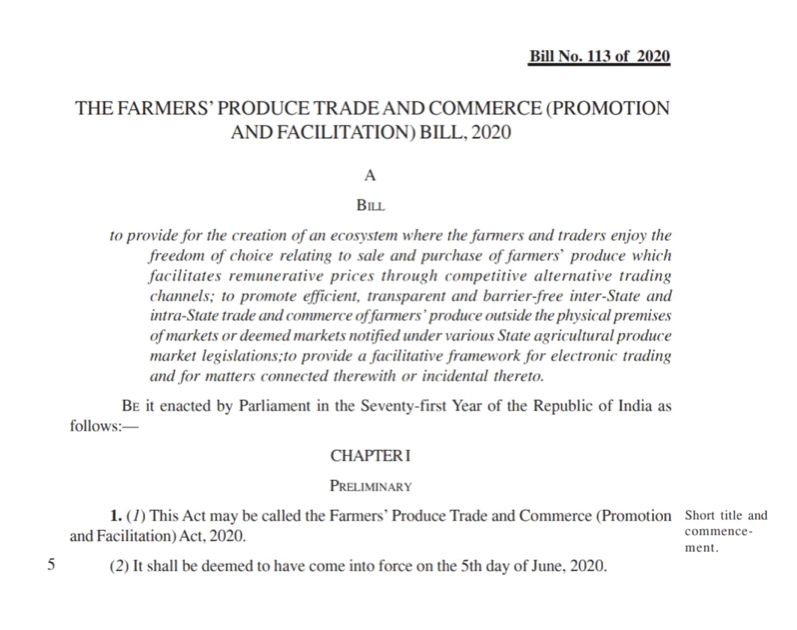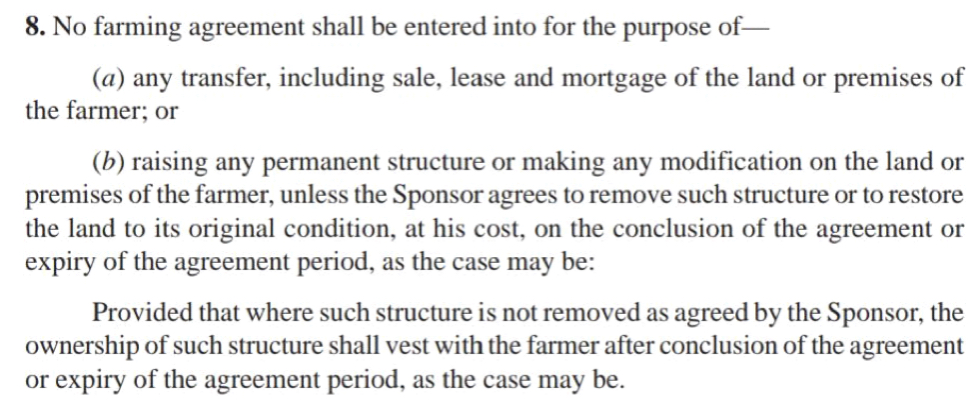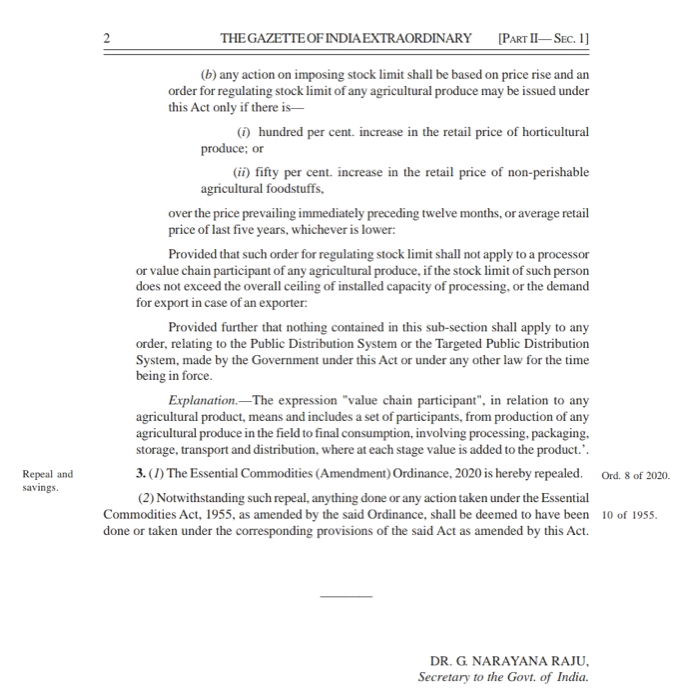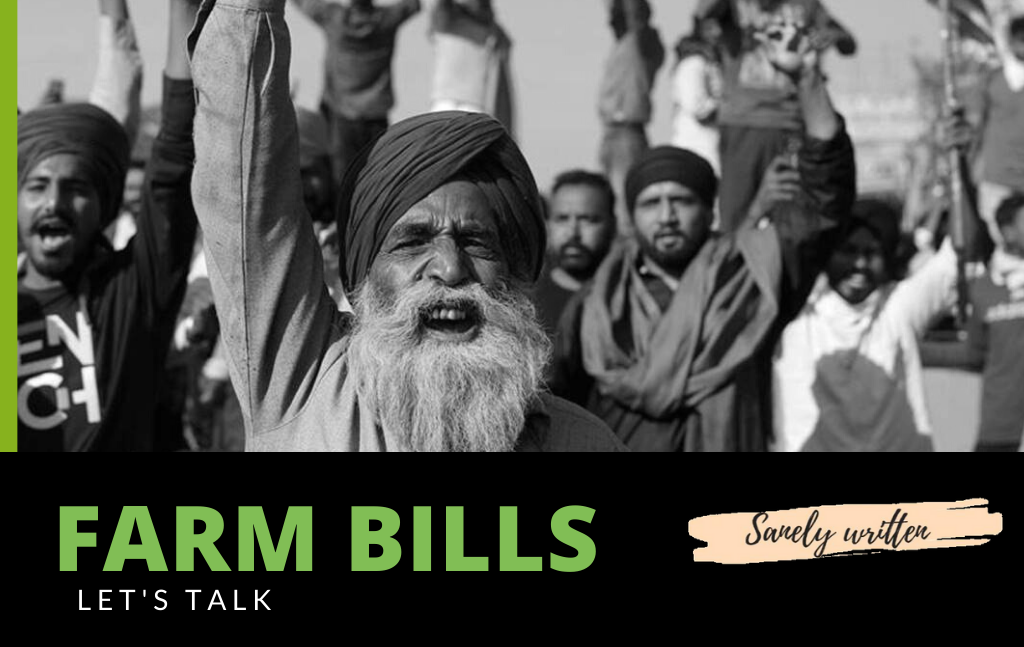Since this blog conveys information about a heated ongoing topic, therefore Sanely Written will update it according to the latest information provided. The Supreme Court verdict regarding the stay of the bills shall be added very soon.
The Central government came up with three agricultural bills on 17 September 2020 in the Lok Sabha and since then, the whole country has been seeing agitations everywhere. A lot has been said and written over the past few months and most of it has been either fabricated against the government or the people protesting. In this piece, we try to figure out exactly what the government has proposed, what are some of the things that they haven’t been able to clarify and what are some of the things that have been falsified.
The Bills:
The three ordinances put forward by the government on June 5, 2020, are
• The Farmers’ Produce Trade and Commerce (Promotion and Facilitation) Ordinance,2020
• The Farmers (Empowerment and Protection) Agreement on Price Assurance and Farm Services Ordinance, 2020
• The Essential Commodities (Amendment) Ordinance, 2020.
Let’s see what the bills propose and what are some controversies around them.
The Farmers’ Produce Trade and Commerce, 2020:

This bill formulates for an electronic trading platform for the farmers and also a parallel system of inter and intra-state trading alongside the Agricultural Produce Market Committee (APMC) system. For years farmers have been using the APMC ‘mandis’ for selling their crops. Earlier, trading was restricted to these mandis and farmers did not enjoy the facility of selling their products in other places. The bill now provides the facility through which they can sell their crops outside of the mandis in places where they can find better prices for their crops. Let’s clear the first misconception here. This bill provides for a facility that will run along with the ongoing APMC system which means it provides for an extra option to the farmers. This bill in no case puts an end to the APMC’s. Also the benefit of MSP i.e the Minimum Support Price will still be enjoyed by them. MSP is the minimum price decided by the government when they purchase directly from the farmers. The centre decides MSP for 23 farm commodities majorly cereals and pulses. The farmers fear that this new bill will take away the benefits of MSP and is one of the main reasons for countrywide protests. They think that the big corporate houses will start deciding the prices and they will have to bear heavy loses. The Central government has also promised to give a written assurance that the MSP will continue to function.
One of the reasons for proposing the parallel system of trade is putting a stop to the mandi tax. Earlier the state government used to charge a certain amount as taxes on the trading done through the APMC’s. Now with the new bill, the state government will not be enjoying the benefit of taxes putting a hold on the middlemen or the Arthiya’s. This was one of the reasons why the APMC system has always been questioned. “APMC will be in the state but there will be inter-state trade outside its periphery and the farmers will be able to sell their produce from their field, home and any place after the legislation comes into existence,” said the Union Agricultural Minister Narendra Singh Tomar. Bihar had repealed its APMC in 2006 with a similar objective of removing the middlemen from the picture. This Bill, although not removing APMC altogether, will be a better opportunity for the farmers because of increased competition for the APMC resulting into better services and effective prices for the crops and will also stop the unjust taxes and high transaction charges which the farmers had to face earlier. Also, small and marginal farmers of the country (who hold about 86% of the agricultural landholdings) face a lot of issue in APMC system like lack of transport facilities, very long distances to the nearest APMC and others. This bill can open more ways of trade to the small farmers of the country.
But there is a small catch here. The increased competition for APMC will lead to some problem for the common masses. The only reason the farmers will be selling outside of APMC is that they will be getting a better price which means to cope up with the increased competition the APMC’s will have to offer a better price which means the government has to interfere and ultimately the taxpayer’s money will be involved.
The Farmers (Empowerment and Protection) Agreement on Price Assurance and Farm Services Ordinance, 2020:
This bill primarily focuses on an agreement between the farmer and agri-business firms. Contract farming as it is called means an agreement between a farmer and firms who do business in agricultural sectors. A deal is signed in which the firms demand a certain quality and quantity of supply from the farmers and in return, they agree to buy the supply at the price decided in the agreement. This bill has certain provisions for the same where now the agreement will be for one crop season or one production cycle of livestock and the maximum period for this agreement will be 5 years unless the production cycle is more and it should be put clearly into the agreement.

The controversy around this bill is about the farmers’ land where they fear that contract farming may lead to the firms and big business houses illegally occupying their land. The poor farmers will be helpless in front of these big business firms and losing their land in the name of an agreement will be disastrous. Let’s clear another misconception. This bill has a clear section which promises that in no situation the company or firm will have any kind of right on the farmers land. The firms will also not be permitted to build any structure on the farmers land unless they agree to remove it and restore the land to its original condition. Not abiding by these rules will result in an immediate annulment of the agreement and the ownership of the structure (if not removed) will be given to the farmer. Furthermore, any kind of variation in the cost of the crop at the time of delivery will be compensated and the farmers will receive full value of the crop they delivered. So we can see the facade that has been spread among the farmers is nothing but baseless accusations. But there is something to be taken care.
The process of settlement of any dispute regarding the agreement is a bit disturbing. The bill proposes for a three-step process for a dispute settlement, a conciliation board, a sub-divisional Magistrate and finally an Appellate authority. The problem here is that the last resort of any dispute settlement is an Appellate which means an appeal to the courts. However, any dispute that arises in the agreement will be governed on the basis of the terms described in the agreement between the two parties. Naturally, parties in such disputes will file a writ petition knocking the doors of the High court which is very clear in saying that it cannot sit in an appeal to clear dispute that has to be governed in an agreement between two private parties. It can only pass a verdict if the dispute consists of any violation of fundamental or legal rights of the party involved. This means that most of the disputes would not be resolved through an appellate system and the government should have looked out for some other ways as well.
The Essential Commodities (Amendment) Ordinance, 2020:
The Essential Commodities (Amendment) Ordinance, 2020 is certainly the most controversial of the three. This bill is an amendment in the original Essential commodities Act of 1955 when the country was facing a food crisis. The term “Essential Commodities” means certain items listed under the “Schedule” section of the bill. The government will be well within its rights to control the production, supply, distribution and trade of such food items depending upon the situation. These items included cereals, pulses, potato, onions, edible oilseeds and oils. The amendment bill now proposes for the regulation of “essential commodities” only under extraordinary circumstances like war, famine, extraordinary price rise or a natural calamity. Strangely, it now exempts face masks and hand sanitisers as well even in the times of the COVID-19 pandemic.

The bill also has a section for the imposition of stock limit. It says that a stock limit on a specified item must be based on a price rise. If there is “a 100% increase in the retail price of horticultural produce” and “50% increase in the retail price of non-perishable agricultural food items”. The increase will be calculated preceding twelve months or the average price range of the last five years, whichever is lower. Now the problem arises here. A person who is involved in the processing business, production, packaging, storage of agricultural produce will be allowed to limit the stock. If there is hoarding going on of any commodity then the government will be giving a week for its sale and if they are not able to sell it within a week then the government will be raiding the warehouse and selling it on its own. But the problem here is that if within the week’s time they process the goods then they are allowed to stock it and no action could be taken against them. This gives a slight advantage to the big corporates and agri-business firms. The farmers’ are saying that this will give them the power to stock hold goods and sell them at their desired prices which will surely harm them.
So as we said a lot has been said and written. There is a countrywide farmers’ protest going on and despite several talks with the government officials and some ministers, no conclusion has been found out. The farmers’ are demanding a complete annulment of the bills and are not ready for negotiations less than that. The government on the other hand has surely not been able to convey their point. They are ready for some amendments but the farmers are not ready for anything less than a complete withdrawal of the three bills. Having said that, we can also not shy away from the fact that a lot of the demands made by the farmers are completely baseless. There is a lot of misinformation floating around the internet and we would urge our readers to not completely agree to one opinion. Firstly read the actual bills and try to understand it. Then read multiple opinions, understand history and them make your own opinion.
Sources:
• The Essential Commodities (Amendment) Act,2020: The Gazette of India
• The Farmers Produce trade and commerce (Promotion and Facilitation) Bill, 2020
• The Farmers (Empowerment and Protection) agreement on price assurance and farm services Act, 2020: The Gazette of India




2 replies on “Farm Bills : Let’s talk”
Much Needed ????
Nicely written ????